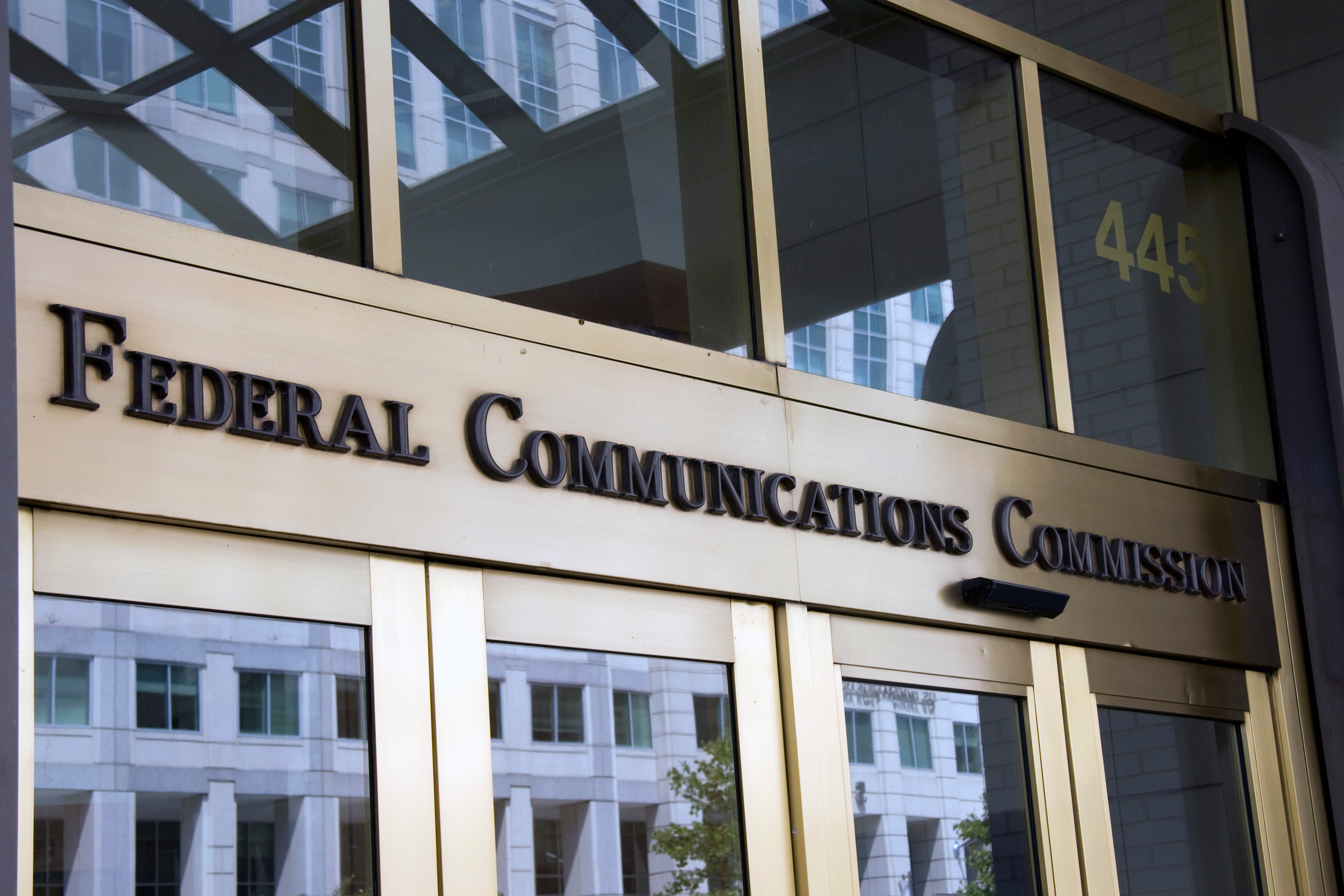NAB, APTS: Tech Has No Unlicensed Use 'Rights'

The smarter way to stay on top of the multichannel video marketplace. Sign up below.
You are now subscribed
Your newsletter sign-up was successful
Broadcasters are telling the FCC that Microsoft and Microsoft-funded groups have no leg to stand on when they oppose those broadcasters' request to use distributed transmission systems (DTS) to improve viewers' reception of their licensed service.
The National Association of Broadcasters joined by America's Public Television Stations made that point clear in reply comments on their request to the FCC.
Related: Broadcasters, Big Tech Battle Over DTS
Taking a page from cellular buildouts, broadcasters want to be able to “densify” their broadcast networks with smaller transmitters distributed throughout their service areas. Tech firms argue that would be a “giveaway” that would take away from their ability to use TV “white spaces” (TVWS), the unused spectrum between channels, for wireless broadband.
But NAB and APTS said that Microsoft "along with two organizations it funds, New America’s Open Technology Institute (OTI) and Public Knowledge have no claim to the spectrum that broadcasters want to use to service the public with new ATSC 3.0 broadcast transmissions that promise a wealth of new services and tech upgrades.
The bottom line, they told the FCC, is that unlicensed users of the band "have no recognizable right to continue to operate on any particular frequency, must not cause harmful interference to any authorized service, and must accept harmful interference caused by any authorized service."
They said the FCC itself made clear that unlicensed use "were not intended to limit future licensed use," including the expanded reach DTS configurations would allow for.
The smarter way to stay on top of the multichannel video marketplace. Sign up below.
Besides, they told the FCC, "widespread deployment of DTS operations is likely to create more opportunities for TVWS use – particularly in the rural areas OTI and Public Knowledge and their benefactor Microsoft claim to be of primary concern – because it can help reduce dependence on TV translators operating on different channels to reach difficult to serve areas."
Contributing editor John Eggerton has been an editor and/or writer on media regulation, legislation and policy for over four decades, including covering the FCC, FTC, Congress, the major media trade associations, and the federal courts. In addition to Multichannel News and Broadcasting + Cable, his work has appeared in Radio World, TV Technology, TV Fax, This Week in Consumer Electronics, Variety and the Encyclopedia Britannica.

